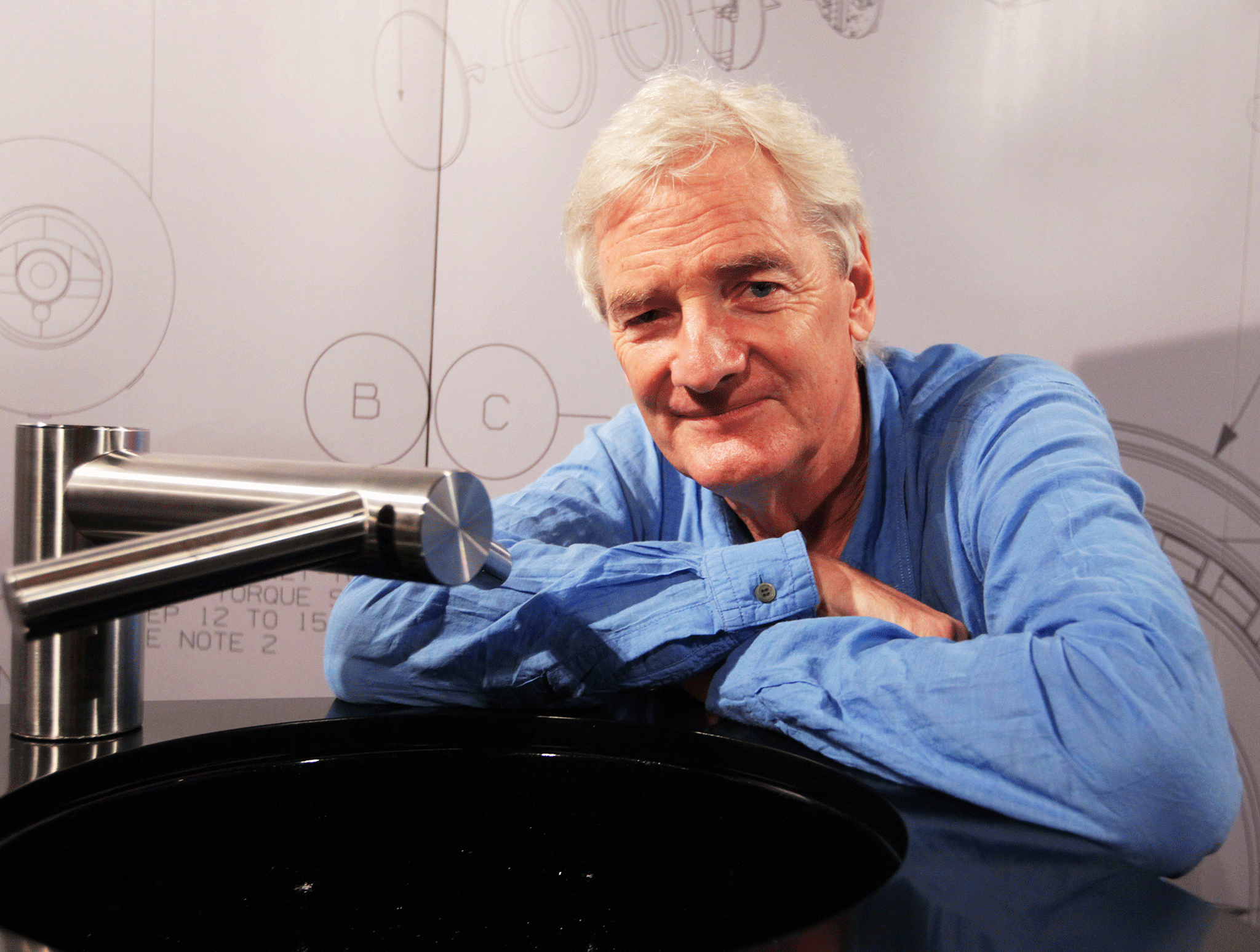Corbyn's plan to change your working week is the most socialist policy we’ve seen in decades
As Keynes understood the point of an economy is to distribute time and wealth so as to improve the lot of everyone. For him, the reduction of the working week to 15 hours was an obvious consequence of an economy that is efficient, high-tech and fundamentally for the public good – Corbyn gets that

Following the World Transformed festival’s success and the series of powerful speeches at conference, Labour is beginning to firmly position itself as the party of the future. Importantly, there are no pretensions of a nostalgic return to a pre-neoliberal, post-war age – but nor will it be business as usual once they are in power. Instead, work, business-ownership and income distribution are being rethought so as to fix a system that no longer functions, and to confront the technological and ecological challenges ahead.
Corbyn’s speech in particular followed directly on from an exciting report produced for John McDonnell and Rebecca Long-Bailey early this year, wherein multiple responses to the advance of automation technologies are considered. Combined, the report and Corbyn’s speech mark a decisive point in British politics.
Labour seem to recognise that the deepening crisis of work – set to be exacerbated by the introduction of new automation techniques – calls for ambitious planning and policy. Rather than wait for the deployment of these technologies by big business, the state must be pro-active and steer these new developments in a progressive direction.
The first thing to note about this new angle is Labour's acceptance of the reality of the situation. It is possible that up to 30 per cent of UK jobs are at high risk of automation in the next couple of decades, with institutions such as the Bank of England and Oxford University joining the chorus of studies that effectively make the same point: employment will not be the same again.
It is unlikely that entire jobs will be destroyed, but rather that many routine work processes will be automated – meaning the general reduction of workloads in various sectors. Accepting that this is a real challenge that must be faced with radical policy markedly distinguishes Labour as a party equipped with realistic, long-term economic thinking.
It is crucial to remember that automation is a cost-saving dynamic that is intrinsic to how capitalism works – if a capable machine or algorithm is cheaper than human labour, it makes business sense to bring it in. In this sense, the “rise of the robots” is not science-fiction – it actually springs from the relentless need to produce profit. Left to itself therefore, the dynamic of automation will not be in the interest of the many but, as Corbyn himself said, will be used to “pile up profits” for a few large businesses.
Herein lies the radicalness – but also the strength – of what Labour proposes: automation is not to be avoided but instead embraced and repurposed for the benefit of all – most obviously through the liberation of our time. Concretely, if automation technologies are publicly managed, in some cases by the state, in others by workers’ cooperatives, the new economy could be a “gateway to a new settlement between work and leisure”.
Corbyn coupled this statement with the desire that such a settlement might become a “springboard for expanded creativity” – pointing towards the cultural benefits of a world with less work. In sum, suggesting a structural re-organisation of free time – i.e. enabling the possibility of working less – alongside the usual promise of better jobs, is to pursue an agenda that is both realistic and emancipatory, pragmatic and enriching.
As John Maynard Keynes understood nearly one hundred years ago, the point of an economy is to distribute time and wealth so as to improve the lot of everyone. For him, the reduction of overall human labour (to around 15 hours a week on average) was an obvious consequence of an economy that is efficient, high-tech and fundamentally for the public good.
With Labour under Corbyn, we are now seeing this attitude back on the mainstream political agenda. Adopting automation will of course necessitate a raft of other policies if it is to fulfil its emancipatory potential, and it is important that Corbyn also mentioned rent caps and the need to reskill the working population in order to confront the coming high-tech economy. Labour’s commitment to lifelong learning from cradle to grave is intended to allow those of all ages to develop the skills necessary, without being saddled with draconian debt-burdens.
Questions remain as to whether it is possible to provide fulfilling, high-skilled work for everyone, and to this end Labour’s gestures towards an extensive basic income scheme that might provide an economic safety net will need fleshing out. It seems rational to ask whether it makes sense to continue job-seekers allowance schemes – which forces people to look for any work available – in a world in which automation is embraced and managed as part of government policy. These are important issues that will surely be addressed as Labour’s strategy unfolds. As of right now however, regarding the future of work, the party has convincingly staked its claim as being at the forefront of economic thinking going into the next election.
Will Stronge is co-founder of the think tank Autonomy


Join our commenting forum
Join thought-provoking conversations, follow other Independent readers and see their replies